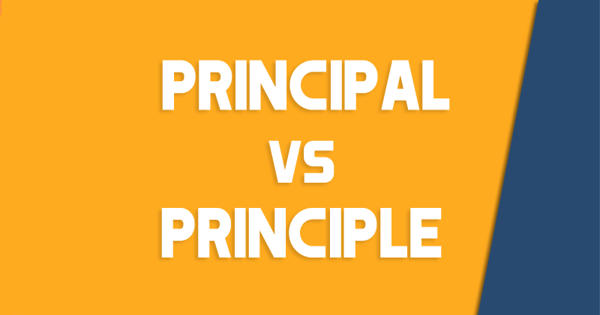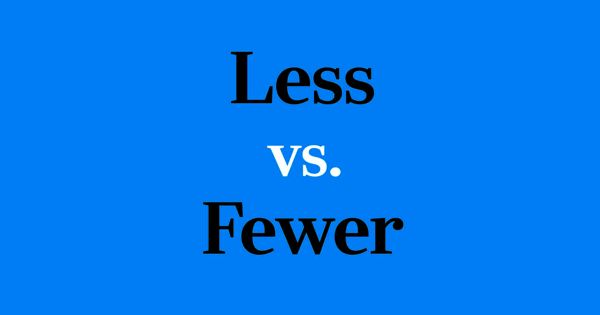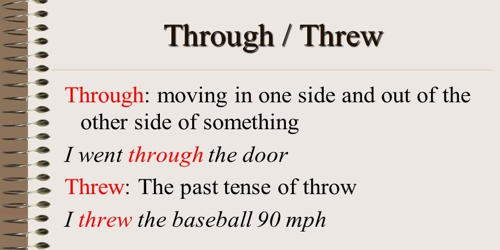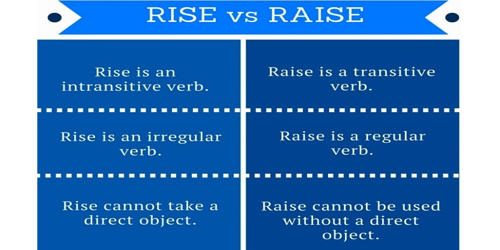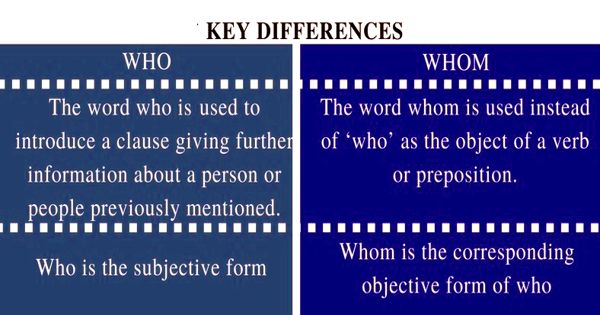Principal and principle are another set of homophones, which, despite sounding identical in their pronunciation, have completely different meanings. There are many words in English that not only look alike but also sound alike and one such pair of words is ‘Principal and Principle’. Principal, means the main element, the senior-most person in an organization. A principal is the headmaster of a school or a person who’s in charge of certain things in a company. On the contrary, Principle implies the primary belief of fundamental importance that governs the life of an individual or acts as a rule on which something operates. A principle is a rule, a law, a guideline, or a fact. The principal can be used as a noun or an adjective. Conversely, the word principle is a noun. Nevertheless, these two words are not similar in their meaning, but as they are homonyms, people commonly use them interchangeably which is wrong.
Difference between Principal and Principle

PRINCIPAL
- Principal denotes the most important thing or it also refers to the head of a school or college. This word implies the most important thing, it also refers to a person of high authority in a school or college.
- Basically, ‘Principal’ refers to the individuals, objects, elements, or any other thing, which is the most important part of a greater whole.
- As an adjective, the Principal means something of prime importance. That is, first and foremost. For example – Manhattan’s principal place is Times Square.
- Examples: Our school principal is very strict. The principal element of friendship is trust.
PRINCIPLE
- ‘Principle’ refers to the truth, belief, or proposition, that acts as a basis of a system or behavior. The principle means canon, it refers to a moral belief, about what is good or bad, right or wrong, which regulates the behavior of a person or how something works.
- The word principle is used to refer to a law, rule, doctrine, a fundamental assumption or truth that acts as the basis for a set of beliefs, behavior, reasoning, or how something works.
- ‘Principle’ is a noun meaning a truth, assumption, or a law. You can live life on your own set of principles, i.e. you have certain rules and ethics that govern how you choose to live your life.
- Examples: The basic principle of the business is to make a profit. Scientific principles are universal in nature.
